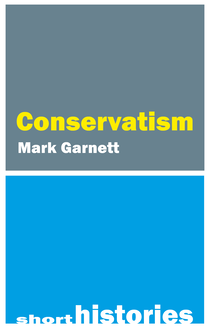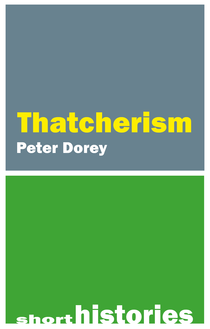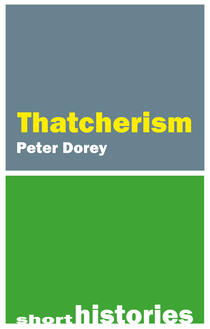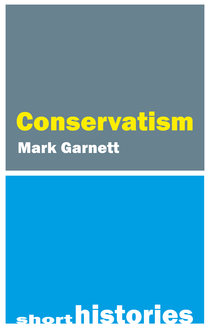-
 Univers
Univers
-
 Ebooks
Ebooks
-
 Livres audio
Livres audio
-
 Presse
Presse
-
 Podcasts
Podcasts
-
 BD
BD
-
 Documents
Documents
-
- Cours
- Révisions
- Ressources pédagogiques
- Sciences de l’éducation
- Manuels scolaires
- Langues
- Travaux de classe
- Annales de BEP
- Etudes supérieures
- Maternelle et primaire
- Fiches de lecture
- Orientation scolaire
- Méthodologie
- Corrigés de devoir
- Annales d’examens et concours
- Annales du bac
- Annales du brevet
- Rapports de stage
La lecture à portée de main
Découvre YouScribe en t'inscrivant gratuitement
Je m'inscrisDécouvre YouScribe en t'inscrivant gratuitement
Je m'inscrisEn savoir plus
En savoir plus

Description
Margaret Thatcher, prime minister between 1979 and 1990, was and continues to be a hugely divisive figure in Britain. Her influence on British politics has long outlived her, with the Conservative Party becoming steadily more Thatcherite than it was under her leadership, especially on economic issues. Policies that support privatization, curbs on trade unions and employment rights (to promote further labour market flexibility), reduction in welfare provision, the replacement of collectivism with individualism, and the marketization of public services, including the NHS and education, are all Thatcherism in practice, and still continue today.
Peter Dorey offers a lively analysis of how Thatcherism became an ideology for politics to conjure with, its relationship with its eponymous leader and with the Conservative Party, as well as the long-term implications for the British people. He argues that the radical modernization of Britain that started under Thatcher’s leadership in the 1980s has created the conditions that have led to the polarization of British society today; a process that was profoundly unconservative in its values and approach, destabilizing institutions which Conservatives once deemed sacrosanct, and replacing continuity and solidity with constant change and competition.
1. Why Margaret Thatcher became Conservative Party leader and prime minister
2. The development of Thatcherism: intellectual origins and ideological framework
3. The key policies
4. Thatcher’s management and domination of the parliamentary Conservative Party
5. The Thatcherization of the Conservative Party since 1990
6. The contradictions and consequences of Thatcherism
Concluding comments
Chronology
Sujets
Informations
| Publié par | Agenda Publishing |
| Date de parution | 30 mars 2023 |
| Nombre de lectures | 0 |
| EAN13 | 9781788215497 |
| Langue | English |
| Poids de l'ouvrage | 2 Mo |
Informations légales : prix de location à la page 0,1250€. Cette information est donnée uniquement à titre indicatif conformément à la législation en vigueur.
Extrait
-
 Univers
Univers
-
 Ebooks
Ebooks
-
 Livres audio
Livres audio
-
 Presse
Presse
-
 Podcasts
Podcasts
-
 BD
BD
-
 Documents
Documents
-
Jeunesse
-
Littérature
-
Ressources professionnelles
-
Santé et bien-être
-
Savoirs
-
Education
-
Loisirs et hobbies
-
Art, musique et cinéma
-
Actualité et débat de société
-
Jeunesse
-
Littérature
-
Ressources professionnelles
-
Santé et bien-être
-
Savoirs
-
Education
-
Loisirs et hobbies
-
Art, musique et cinéma
-
Actualité et débat de société
-
Actualités
-
Lifestyle
-
Presse jeunesse
-
Presse professionnelle
-
Pratique
-
Presse sportive
-
Presse internationale
-
Culture & Médias
-
Action et Aventures
-
Science-fiction et Fantasy
-
Société
-
Jeunesse
-
Littérature
-
Ressources professionnelles
-
Santé et bien-être
-
Savoirs
-
Education
-
Loisirs et hobbies
-
Art, musique et cinéma
-
Actualité et débat de société
- Cours
- Révisions
- Ressources pédagogiques
- Sciences de l’éducation
- Manuels scolaires
- Langues
- Travaux de classe
- Annales de BEP
- Etudes supérieures
- Maternelle et primaire
- Fiches de lecture
- Orientation scolaire
- Méthodologie
- Corrigés de devoir
- Annales d’examens et concours
- Annales du bac
- Annales du brevet
- Rapports de stage









